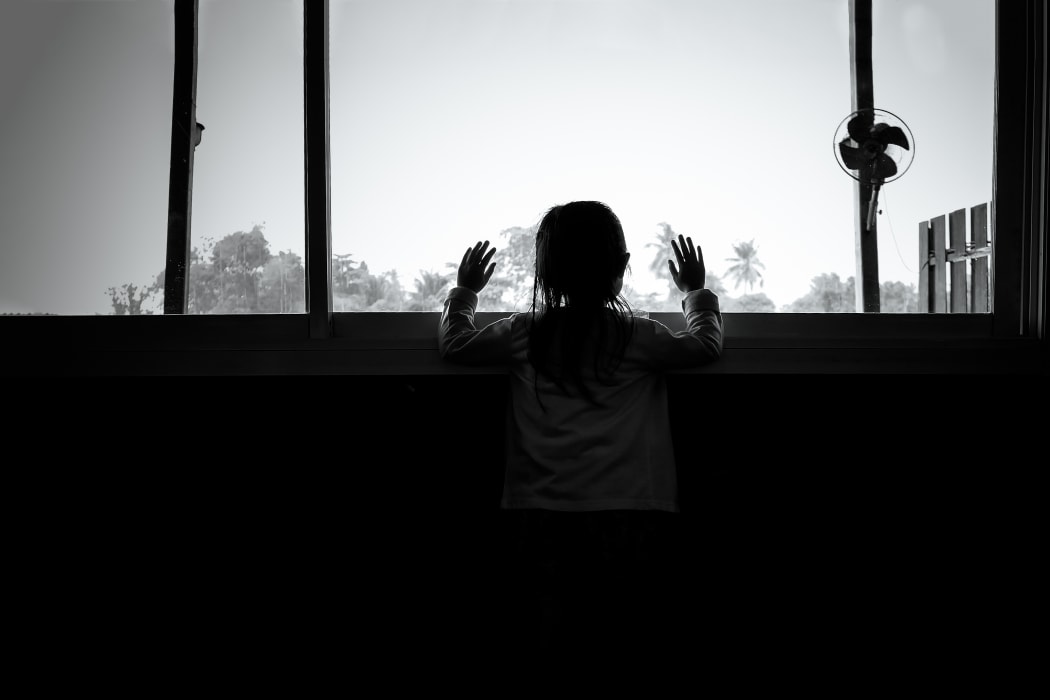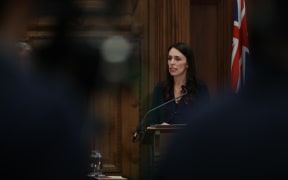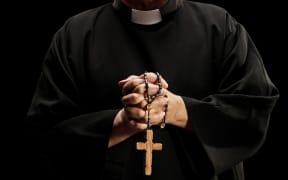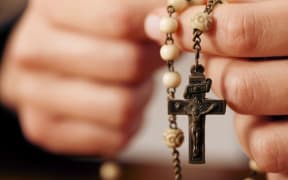by David Cohen
Opinion - The theological and secular terms of reference for the Royal Commission of Inquiry into Historical Abuse have now been spread as evenly as Marmite on toast.

Photo: 123RF
Announcing the contours of the $78m commission this week, Prime Minister Jacinda Ardern said that Cabinet had agreed to expand the inquiry's remit to investigate abuse in church-run institutions as well as the 26 state-run residences that had received a lion's share of media attention over recent years.
The new brief envelops faith-based schools and facilities, including the orphanages that did business in New Zealand up until the late 1960s.
The focus will not stretch to other denominational settings - church camps or sports clubs, for instance - which could chew up even more parliamentary time than the four years laid down for the Sir Anand Satyanand-led inquiry.
"[It was] critical we got the Royal Commission right and the scope and purpose of this inquiry has been carefully considered," Ms Ardern said.
Earlier in the year, however, the prime minister - choosing when she probably should have been balancing - had argued the inquiry should stick to abuse that may have occurred in a state-run context, because that was where the government had been "the parent".
Ms Ardern's choice of words alludes to the legal concept of parens patriae (legal protection of citizens who cannot protect themselves), which is now widely acknowledged to have been put to work in New Zealand with frequently chaotic results.
Simmering beneath the broader discussion of how these state residences were managed has long been the numerically smaller, but no less socially significant, issue of the church's own surrogate role as parens patriae.
How this will specifically be dealt with in the inquiry is yet to be spelled out.
In the meantime, though, the last-minute swerve vouchsafes the independence of the coming process, which begins in January and runs until a final report is presented to the governor-general in early 2023.
Those involved in establishing the commission had argued behind the scenes for the "faith-based" inclusion. Cabinet initially opposed them.
What may have won the argument, as well as critical media scrutiny of the arbitrary exclusion, was church leaders such as Father Tom Doyle - a cleric who first blew the whistle on child abuse in the United States - warning that leaving out the religious sphere would be an "abject failure".
The recently concluded five-year inquiry into historical abuse in Australia heard of 4444 allegations of such incidents between January 1980 and February 2015 in the Catholic church alone.
Sixty percent of all abuse survivors attending that country's private royal commission sessions reported sexual abuse at faith-based institutions.
More than one in five members of some Catholic religious orders - including Marist Brothers and Christian Brothers - were allegedly involved in child sexual abuse, the Australian Royal Commission was told.
That figure accounted for 2000 individuals within the church who were identified as alleged perpetrators in the commission's subsequent four-volume report.
Church leaders in New Zealand probably have good reason to suppose that the findings will not be as dire here as they have been in Australia - and almost certainly not as bad as in Ireland, where for more than a century maintained a Catholic-run archipelago of rudimentary schools and typically brutal workhouses for the young spread across its 26 counties.
Catholicism in Australia is large and growing, with more than 5.5 million adherents, according to the latest available figures. In 2016, the church ran more than 1700 schools, accounting for 20 percent of all school pupils.
By contrast, the New Zealand figures are about half.
On the other hand, many other local institutions fit under the faith-based rubric, including those administered by controversial outfits such as the Gloriavale community.
Sir Anand has said that testimony about the West Coast-based group will also be considered by the commission. As will educational establishments operated by the Anglican Church and other protestant groups.
Explaining the political change of mind this week, Ms Ardern suggested the broader scope of the commission offered a better opportunity to affirm what New Zealand was, who we were today and where we wanted to be tomorrow.
It would "confront a dark chapter of our national history by acknowledging what happened to people in state care, and in the care of faith-based institutions, and to learn the lessons for the future", she said.
So much for the spread. It won't be a cheerful feast.
*David Cohen is a Wellington journalist and the author of Little Criminals: The Story of a New Zealand Boys' Home. He has written extensively on institutional care of the young.




